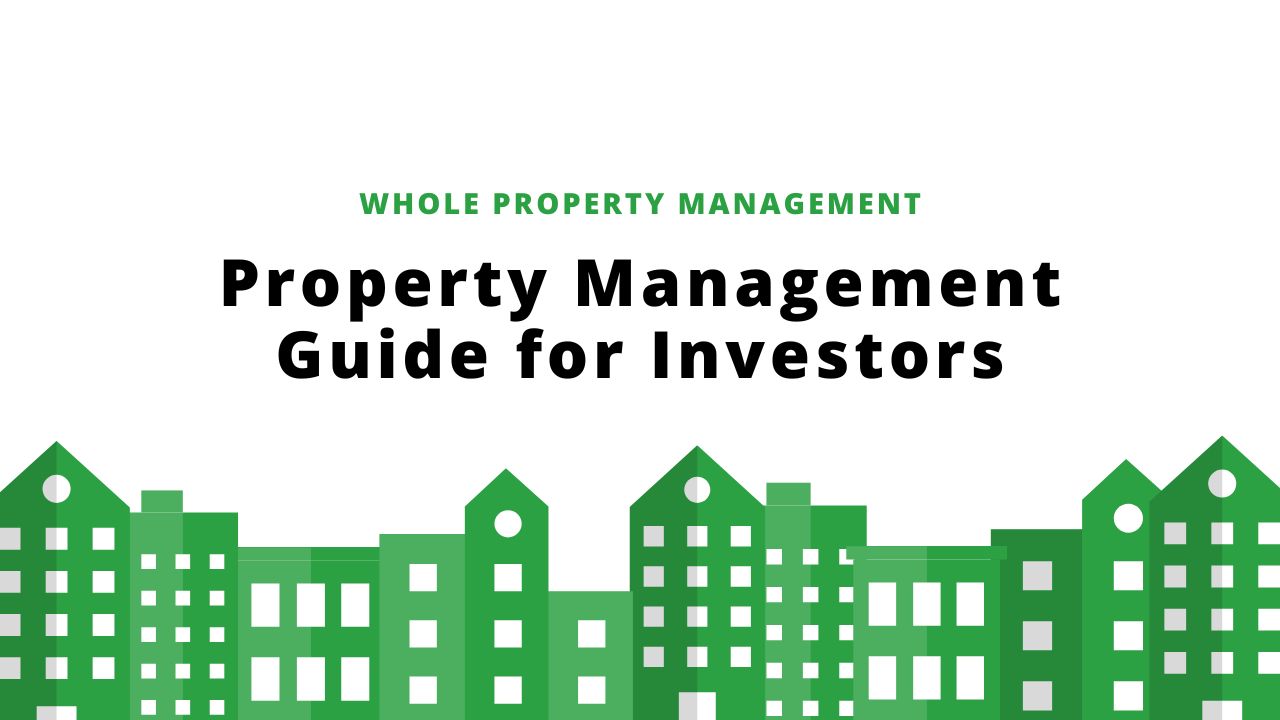Property Management Guide for Investors
Key Takeaways
- Stable Investment Potential: The U.S. real estate market offers attractive opportunities for international investors who approach it with thorough preparation.
- Importance of Local Expertise: Partnering with experienced property managers, attorneys, and tax advisors is crucial for managing properties remotely and minimizing risks.
- Strategic Entity Selection: Selecting the right business structure and understanding tax implications can protect your investment and improve profitability.
- Tax Efficiency and Compliance: Utilizing available deductions and keeping detailed records helps reduce tax liabilities and ensures adherence to U.S. regulations.
The U.S. real estate market presents outstanding investment opportunities for international buyers, thanks to its long-standing stability and steady growth.
However, managing properties from abroad brings a distinct set of challenges that demand thoughtful planning and strategic execution. To succeed, overseas investors must implement robust property management systems that not only protect their assets but also enhance long-term returns.
This means navigating complex legal and regulatory landscapes, building dependable local operations, and maintaining effective oversight—despite the distance. With the right systems in place, foreign investors can achieve lasting profitability while minimizing the risks of remote property ownership.
In this guide, from Whole Property Management, we’ll walk you through the essential steps and strategies for successful property management.
Building Your Essential Professional Network
Successful overseas property investment begins with assembling a competent team of U.S.-based professionals.
Your support network should include experienced property management specialists, qualified real estate attorneys, and certified public accountants with international taxation expertise.
Property Management Excellence
Professional property managers serve as your primary representatives, handling operational responsibilities that would otherwise be impossible to manage remotely.
These duties encompass tenant qualification processes, rent collection systems, maintenance oversight, regular property evaluations, and regulatory compliance monitoring.
Effective managers maintain consistent communication with overseas owners, providing detailed updates about property conditions, tenant relationships, and financial performance metrics.
When selecting management services, prioritize firms with extensive local market knowledge and proven experience serving absentee property owners. Understanding regional rental markets and tenant expectations becomes crucial for maintaining competitive properties and maximizing occupancy rates.
Legal and Financial Advisory Services
While property managers handle the daily operations of your rental property, legal and financial advisors are essential for safeguarding your investment and ensuring long-term success—particularly for foreign investors.
Qualified real estate attorneys ensure that all contracts comply with U.S. laws, are enforceable in local jurisdictions, and meet applicable regulatory standards. They also provide vital support during disputes and help navigate complex legal issues that may arise during the ownership period.
On the financial side, certified public accountants (CPAs) with cross-border expertise help international investors understand their U.S. tax obligations, identify allowable deductions, and structure ownership in a way that is both compliant and tax-efficient.
When vetting these professionals, look for those with experience serving international clients, and ensure they can clearly explain complex legal or financial concepts. Establishing clear expectations and ongoing communication protocols is also key to building strong, reliable advisory relationships.
Strategic Business Entity Selection
Foreign investors can purchase U.S. property through various business structures, each offering distinct advantages including liability protection, favorable tax treatment, and simplified portfolio management processes. Choosing appropriate business entities significantly impacts asset protection strategies and tax obligations.
Consider these common structures utilized by international investors:
Corporate Structures
U.S. corporations provide robust liability protection and streamlined administrative processes.
However, they may face higher capital gains taxation, particularly for properties used for personal purposes rather than pure investment.
Limited Liability Companies (LLCs)
LLCs offer liability protection combined with single-layer taxation benefits, making them attractive to foreign investors.
These entities require annual fees and ongoing compliance with state-specific regulations.
Limited Partnership (LP) Arrangements
Limited Partnership structures feature general partners accepting full liability while limited partners face exposure only to their investment amounts. This flexible arrangement works well for shared ownership situations.
Each structure involves specific trade-offs requiring careful analysis. Consult both legal and tax professionals before finalizing entity selection decisions.
Understanding U.S. Tax Obligations
American tax regulations present particular complexity for foreign property owners, making comprehensive understanding essential for avoiding compliance problems and unexpected financial obligations.
Rental Income Taxation
When U.S. properties generate rental income, the IRS categorizes these earnings as passive income. Standard treatment involves 30% withholding applied to gross rental amounts rather than net profits, significantly impacting returns.
Tax treaties between the U.S. and investor home countries may provide reduced withholding rates. Accessing these benefits requires filing appropriate IRS forms including W-8ECI or W-8BEN.
Alternatively, investors can elect to treat rental income as “effectively connected” to U.S. business activities.
This classification permits deductions for mortgage interest, maintenance expenses, insurance premiums, and property taxes, though it requires annual U.S. tax return filing using Form 1040-NR or Form 1120-F.
Capital Gains and FIRPTA Compliance
Property sales trigger both capital gains taxation and Foreign Investment in Real Property Tax Act (FIRPTA) requirements. FIRPTA mandates buyers withhold up to 15% of purchase prices when acquiring property from non-resident sellers.
Recovering overpaid withholding amounts requires obtaining a Taxpayer Identification Number (ITIN) and filing appropriate tax returns. Individual investors use Form 1040-NR while business entities file Form 1120-F to report transactions properly and maintain tax law compliance.
Deduction Strategies and Filing Requirements
U.S. rental income faces federal taxation under progressive rate structures, but qualified expense deductions can significantly reduce taxable income amounts.
Understanding depreciation benefits also proves crucial, as property owners can deduct the declining value of buildings and improvements over time, creating substantial tax savings without actual cash outlay.
Common deductions include:
- Mortgage interest payments
- Property tax assessments
- Repair and maintenance costs
- Insurance premium expenses
- Professional management fees
- Travel expenses for property oversight visits
- Legal and professional consultation fees
- Advertising and marketing costs for tenant acquisition
Proper documentation becomes essential for substantiating these deductions during potential IRS reviews. Maintaining detailed records of all property-related expenses, receipts, and supporting documentation protects investors from compliance issues while maximizing available tax benefits.
Maximizing these deductions requires working closely with CPAs specializing in international real estate investments to ensure proper treatment and timely filing compliance.
Bottom Line
U.S. real estate can be highly rewarding for international investors who take a strategic, well-informed approach. Key decisions around legal structure, tax planning, and selecting the right professionals have a direct impact on both returns and risk.
Long-distance success starts with strong local partnerships. With a reliable team of property managers, attorneys, and tax advisors in place, you can focus on growing your investment—not just managing it.
If you’re ready to simplify ownership and maximize your returns, partner with Whole Property Management. We offer expert support tailored to the unique needs of foreign investors. Contact us today to protect your investment and achieve long-term success.

